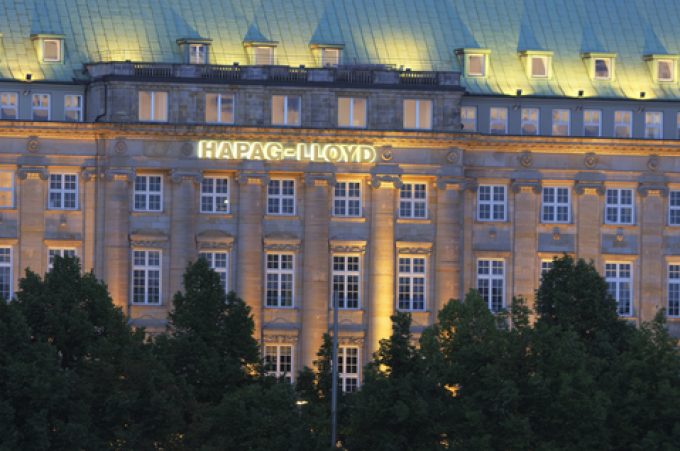Gemini partners on the hunt for scarce chartered tonnage
Pacific International Lines (PIL) has chartered one of its ships to Hapag-Lloyd for three years, ...

Hapag-Lloyd will see billion-dollar profits this quarter and the next, as even higher freight rates kick in across global tradelanes.
Boosted by an ebitda of $1bn, and a net profit of $463m, in the final quarter, the German carrier posted a profit of $1.1bn for last year, compared with $418m the previous year.
But it said it expected profitability to “significantly increase” this year, and has issued guidance of an ebitda of $1.8bn for the current quarter.
Liftings declined by 1.6% in 2020, ...
Amazon pushes into LTL for small package fulfilment and UPS does a u-turn
New senior management for DSV as it readies for DB Schenker takeover
Volumes set to 'fall off a cliff' as US firms hit the brakes on sourcing and bookings
Temporary tariff relief brings on early transpacific peak season
'Tariff madness' will prompt renegotiation of ocean shipping contracts
Response to tariffs by Chinese importers may see extra costs for US shippers
Forwarders 'allowing the fox into the chicken run' by supporting 'hungry' carriers
FedEx and UPS add 'China fee' ahead of the end of de minimis

Comment on this article